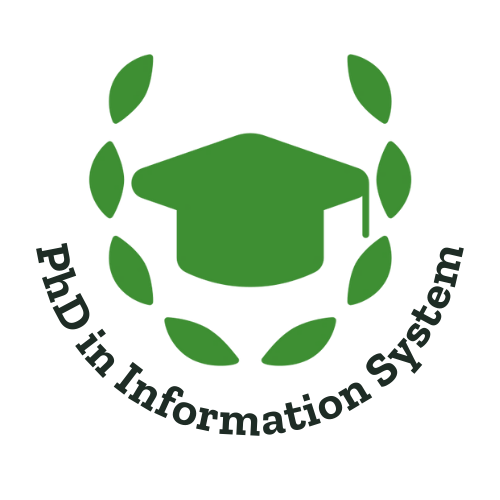The three main parts of the PhD process: classwork, research, relationships
Way of the PhD Process:
PhD Classwork: This part of the process is where you take classes in the first two years of the program. As I mentioned in another post, classwork is an important part of the process but not the main part. You will take about 6 – 8 classes to understand the technicalities of performing research. In those classes, the objective is not get an A.
It really isn’t, although, if you do, that’s great. The objective is to learn for example, what scientific research is, what a theory is, the rigors of doing research, how to ethically collect data, how to analyze the data using many different algorithms, you will learn those algorithms, sometimes.
how to write so that other researchers feel you are part of the group, how to read research papers, how to perform literature reviews.. the list goes on. One should take these classes seriously, because the skills learned here will be instrumental in carrying out a research project.
I once received some advice from one of my professors at the time (Dr. P.) who said to learn the rigors of the research process (algorithms etc..) so that one is not always at the mercy of those that know the algorithms. The essence of the advice is to not minimize the importance of classwork.
In these classes, you could also be given the opportunity to use the skills you learned to start a research project, usually in a group with other students. The research project is could be a learning objective of the course. Some instructors may require that PhD students complete and prepare the research project for submission to an academic conference.
These opportunities are useful for practicing the skills and also for submitting one’s work to academic conferences. Usually, when one submits their work to conferences, one also receives feedback, which could be helpful to the PhD student as they continue to develop their research skills and work.
I remember when the first research paper I worked on was accepted by a academic conference. It made me feel like I could “actually” do research.
PhD Research: This part of the process is where you use the skills you learned in class to complete start and research projects. It also involves working with other students, and most especially a PhD Advisor. The choice of the PhD Advisor you work with depends on the culture of the school/department At UNT, the process was and still is incredibly straightforward.
Each semester, a PhD student is assigned as a research assistant (RA) to work with a professor and assist the professor in their research. Working with the professor allows the student to further learn and practice doing research with someone experienced in the field.
It also allows the PhD student to learn more about the professor’s work, habits, even personality. This information comes in handy when it comes time for the PhD student to choose whom to have as their PhD Advisor. Choosing a PhD Advisor is a very important step in the PhD process.
The advisor is the person who helps guide your research and dissertation. They give advice, help you expand your thinking, sometimes, even give you access to other individuals in their network. They do not do the work for you.
They provide guidance, but the student has to do the work. A lot has been written and said about the relationship between a PhD student and their Advisor. The long and short of it is to chose well. The advisor will remain in your life in one form or another for as long as you are in the academic field. The advisor wants you to do well.
Doing well means that they are doing well, too. Doing usually means that you are productive in your research (i.e., you have publications). Aside from your dissertation, your advisor may also invite you to work with them in other projects.
PhD Relationships: Depending on your field of study, the PhD program can be a small world. A very small world. So, get along, make friends, build lasting relationships. Care about others, and seek to help others. Be ethical and show integrity.
When working with others and you say you will do something, do it. Period. If for any reason, you are not able to, make sure to communicate. This is no different from other relationships in other aspects of life and work, but it is especially important in academic research because many of our research achievements can only be accomplished with others. Collaboration is key.
Drop me a note, let me know if there’s something you’d like me to write about.

